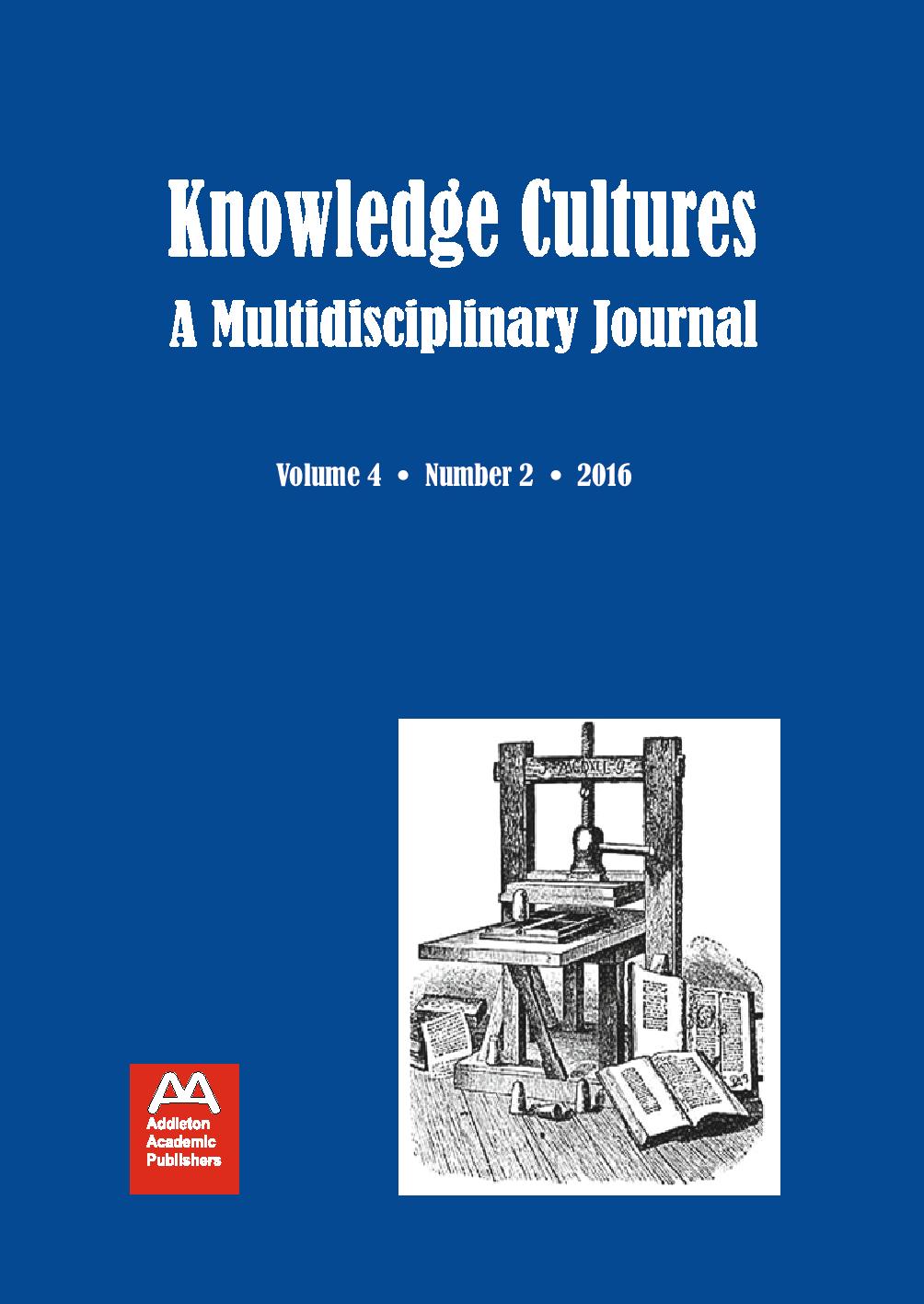THE LIMITS OF “KNOWLEDGE FOR ALL”: HISTORICIZING TRANSNATIONAL SCHOOL REFORMS IN KENYA
THE LIMITS OF “KNOWLEDGE FOR ALL”: HISTORICIZING TRANSNATIONAL SCHOOL REFORMS IN KENYA
Author(s): Christopher KirchgaslerSubject(s): School education, Vocational Education, State/Government and Education, Sociology of the arts, business, education
Published by: Addleton Academic Publishers
Keywords: Bridge International Academies; difference; inclusion and exclusion; international development education; the Jeanes School; Kenya; sociology of knowledge; transnational school reforms;
Summary/Abstract: This is a historical and comparative study of the “reason” of transnational school reforms in Kenya. The analysis compares two reforms separated by ninety years—the Jeanes School, Kabete (1924–1939) and Bridge International Academies (2009–present)—in order to make visible continuities and discontinuities in their projects of inclusion and development. The argument is that both reforms deploy various social scientific practices through their pedagogies in order to see and act upon “difference,” locating it in one’s “consciousness” or “thinking.” In both, internal human capacities serve as the gatekeepers to social inclusion and transformation. Historicizing these school reforms is a strategy to question a common sense of modern schooling that signifies development and progress by disqualifying other ways of thinking and being in the world as “less than.” The analysis queries a humanitarian logic that promotes increased access to schooling as an unproblematic goal of human development and social progress. While the impulse to include “all” in schooling appears laudable, the transnational school reforms this commitment has authorized have produced new forms of exclusion that must also be reckoned with.
Journal: Knowledge Cultures
- Issue Year: 4/2016
- Issue No: 02
- Page Range: 73-94
- Page Count: 22
- Language: English
- Content File-PDF

